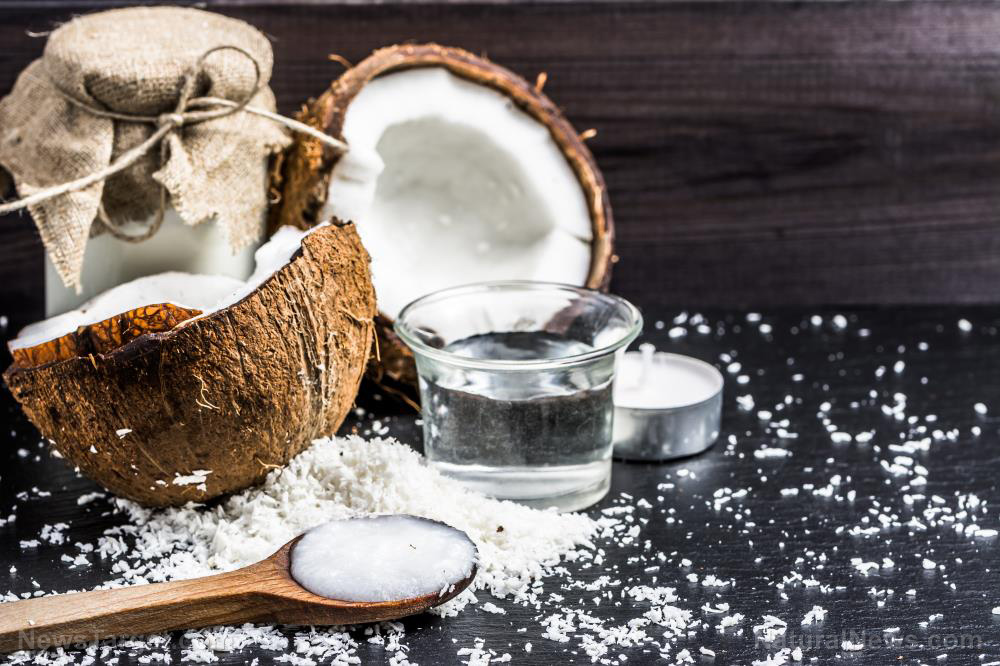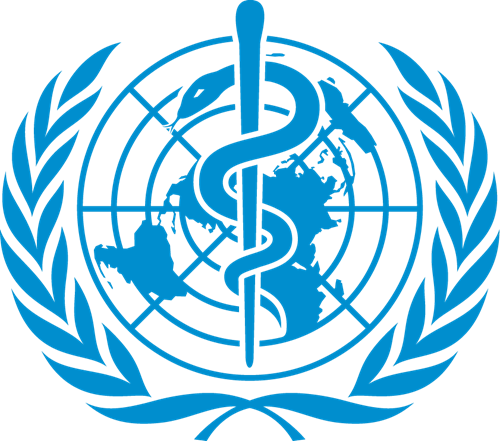
Being deficient in vitamin D leads to many serious health problems, such as hypocalcemia (low blood calcium levels), hyperparathyroidism (overactive parathyroid glands), rickets (weak bones in children), osteomalacia (soft bones in adults) and osteoporosis. This is why getting sufficient vitamin D through sun exposure and from your diet is crucial for optimal health. Maintaining healthy vitamin D levels not only helps you avoid the aforementioned diseases, but according to a recent study by Australian researchers, it could also help cut your risk of major cardiovascular events, such as a heart attack.
Vitamin D and your heart
The cells in the top layer of your skin, called epidermal cells, naturally contain pro-vitamin D3 (7-dehydrocholesterol), the precursor to vitamin D3. When ultraviolet radiation from the sun hits your skin, it causes pro-vitamin D3 to be converted to pre-vitamin D3, which is then transformed to vitamin D3 prior to being transported to the liver. It is in the liver that vitamin D3 undergoes 25-hydroxylation to form calcifediol (25-OH-D), the major circulating form of vitamin D in the human body. This compound undergoes yet another transformation in your kidneys to form calcitriol (1,25-dihydroxyvitamin D), the active form of vitamin D.
But aside from your kidneys, research has found that your vascular system is also a site of conversion of calcifediol to calcitriol. In fact, vitamin D receptors are expressed in cells throughout your vascular system, and many of these cells also express the enzyme, 1a-hydroxylase, which can transform calcifediol to calcitriol. This active form of vitamin D not only reduces inflammation, but it also helps regulate the renin-angiotensin-aldosterone system, which is responsible for regulating blood pressure and cardiovascular function. This crucial role of vitamin D suggests that it could influence cardiovascular disease (CVD).
Observational studies have found an inverse association between blood calcifediol levels and the risk of CVD, meaning the higher the blood concentration of 25-OH-D, the lower the CVD risk. To further explore this reported benefit, Australian researchers launched the D-Health Trial to investigate whether monthly supplementation with vitamin D can improve health outcomes and reduce the incidence of major cardiovascular events among older adults aged 60 to 84 years. (Related: Supplementing with vitamin D found to improve blood pressure in overweight children.)
The participants – a total of 21,315 – were asked to take monthly doses of 60,000 IU of vitamin D or a placebo for five years. Those with self-reported hypercalcemia, hyperparathyroidism, kidney stones, osteomalacia or sarcoidosis, as well as those taking >500 IU of vitamin D daily were excluded from the study. Of the more than 21,000 participants enrolled, 16,882 completed the intervention period. Over 80 percent reported compliance (i.e., taking their monthly doses) and 1,336 experienced a major cardiovascular event during the course of the trial.
After analyzing data from the participants covering hospital admissions and deaths related to major cardiovascular events, such as heart attack, stroke and coronary revascularization (a procedure to restore blood flow to the heart), the researchers reported that the rate of major cardiovascular events was nine percent lower among the participants taking vitamin D than those taking a placebo. In particular, the rates of heart attack and coronary revascularization were lower in the vitamin D group, while no difference was observed for stroke between the two groups.
Although participants who were taking heart medications even before the start of the trial had the lowest rates of major cardiovascular events, the researchers clarified that the influence of such medications on the study outcomes was not statistically significant. They highlighted the potential benefit of vitamin D supplementation for lowering the risk of serious heart incidents, such as heart attack, and urged further evaluation of the role of vitamin D in maintaining heart health, especially among the elderly. (Related: Make sure your vitamin D levels are optimized, otherwise you could suffer a heart attack.)
Other health benefits of vitamin D
Aside from supporting heart health, maintaining healthy vitamin D levels offers plenty of other health benefits. Here are some of them, according to science:
- Reduces the risk of multiple sclerosis. A comprehensive review of population-based studies reported that vitamin D levels affect the risk of developing multiple sclerosis and also modifies disease activity in patients with the disease. This means maintaining healthy vitamin D levels could help you avoid this disabling autoimmune condition.
- Boosts immunity. According to a study published in the journal Nutrients, almost all cells of the immune system have vitamin D receptors, and vitamin D influences the activities of various immune cells, such as those programmed to fight and destroy pathogens that cause infections.
- Promotes a positive mood. A systematic review and meta-analysis of randomized clinical trials found that vitamin D supplementation can reduce negative emotions, especially in patients with major depressive disorder and people with low vitamin D levels.
- Supports weight loss. Low vitamin D levels are common in people who are obese. According to a study published in Clinical Endocrinology, improving the vitamin D status of obese individuals via oral supplementation can help decrease their body weight, fat mass and metabolic inflammation, especially when combined with a healthy weight loss diet.
Vitamin D is an essential nutrient that contributes to your overall health and wellness. You can get vitamin D by catching some sunlight (about five to 15 minutes) every day between 10 a.m. and 1 p.m. According to researchers, this is the best time for optimal vitamin D synthesis with minimal risk of cutaneous malignant melanoma. You can also get vitamin D from foods like fatty fish, certain mushrooms (e.g., white and cremini mushrooms), eggs, cheese and beef liver, or from high-quality supplements.
Watch the following video to learn about how vitamin D3 can save lives.
This video is from the Dr. Robert Young channel on Brighteon.com.
More related stories:
Vitamin D supplementation–how will it help me improve my health?
How vitamin D promotes oxidative balance, boosts gut health and fights inflammation.
Vitamin D found to prevent diabetes: STUDY.
Vitamin D deficiency increases spread of disease.
Sources include:
Please contact us for more information.






















